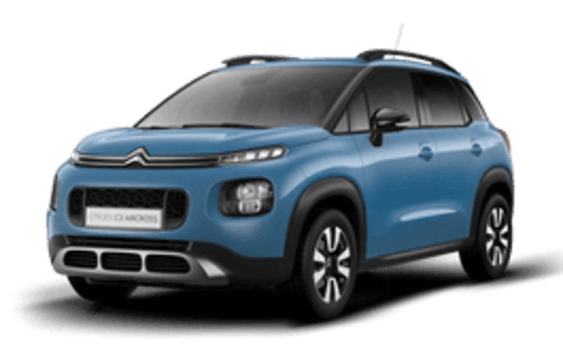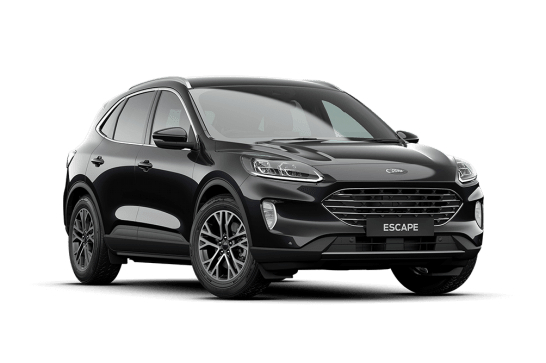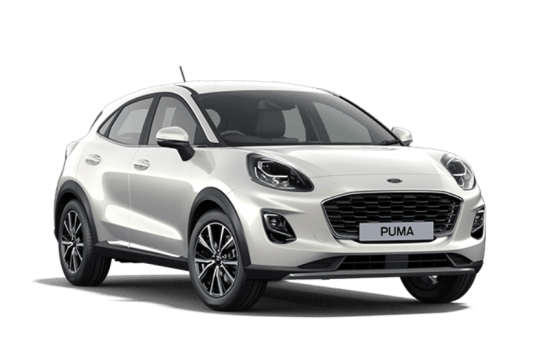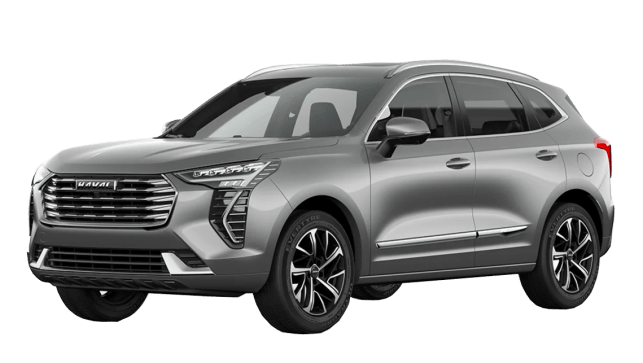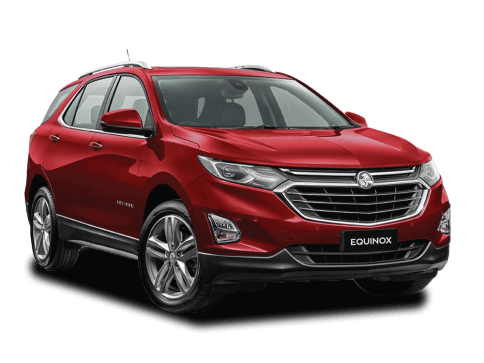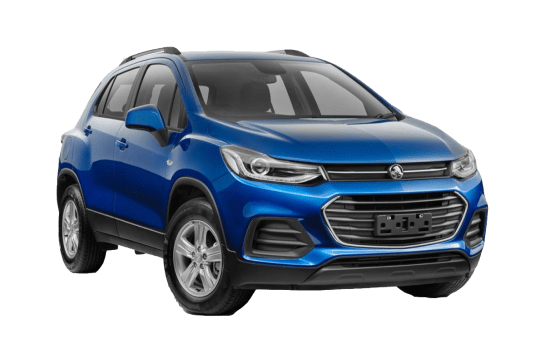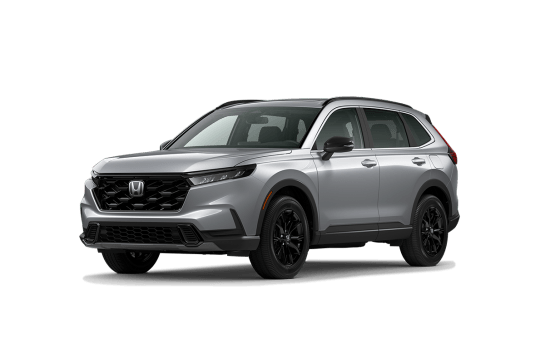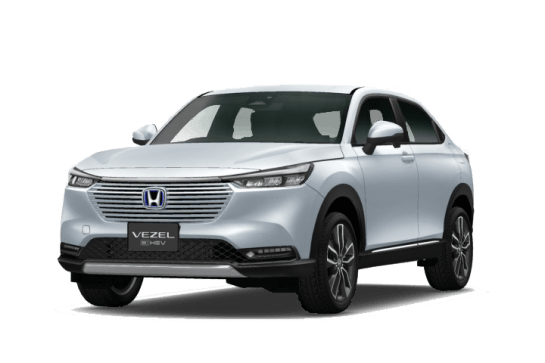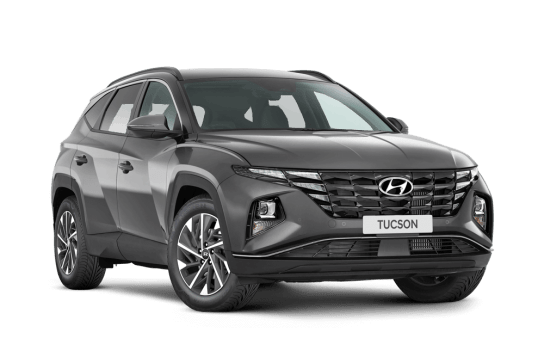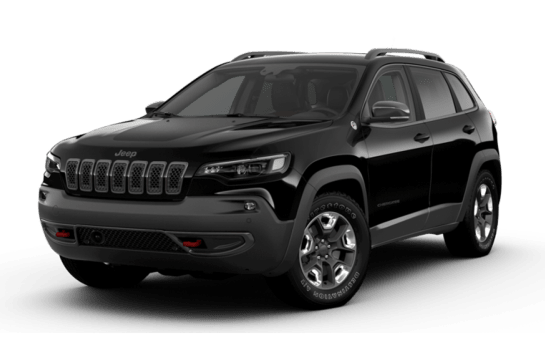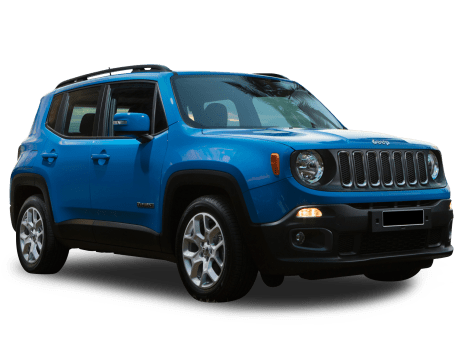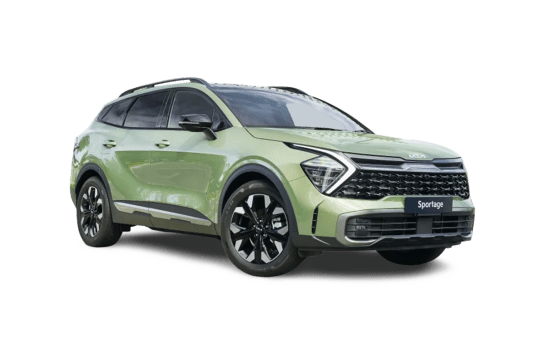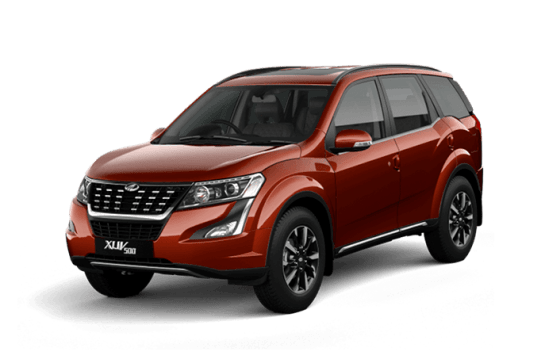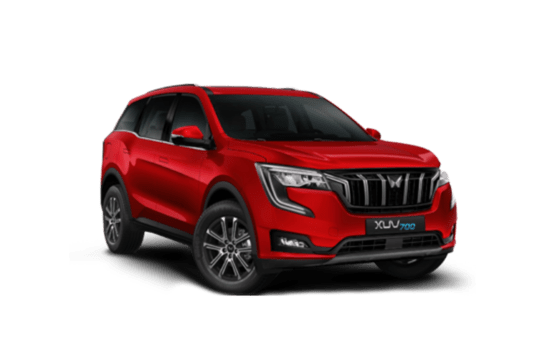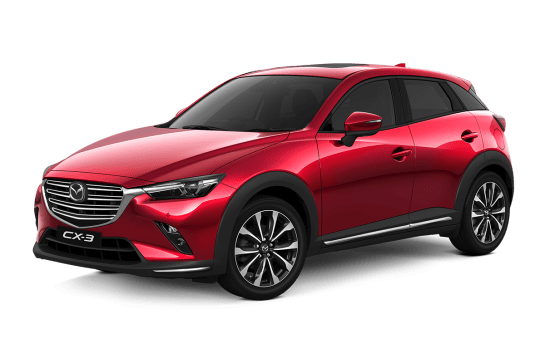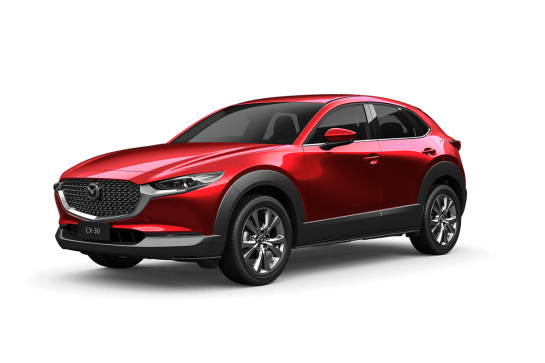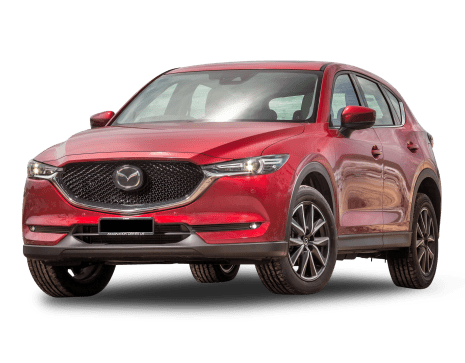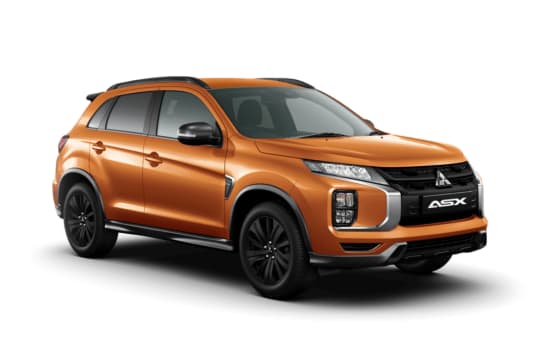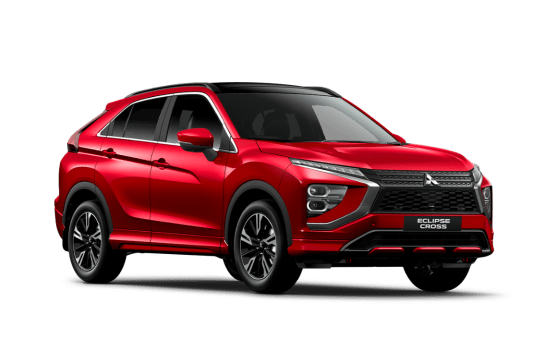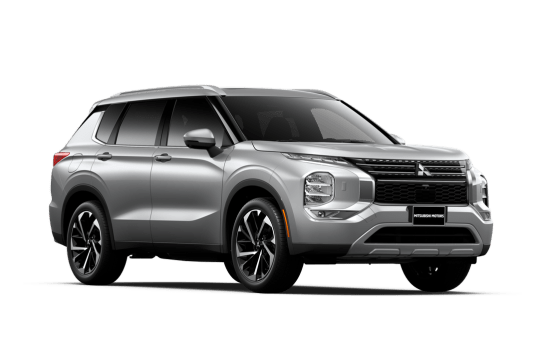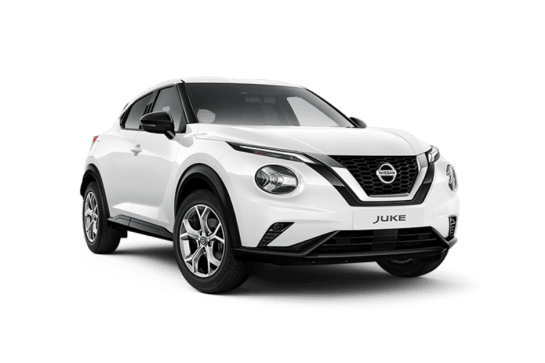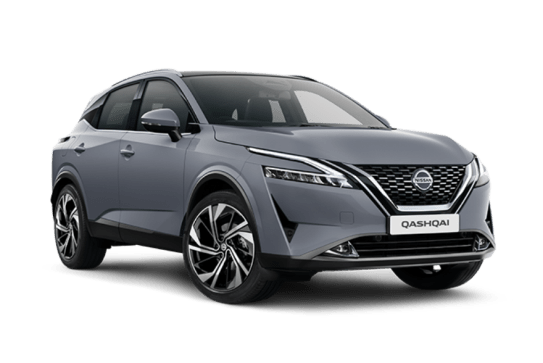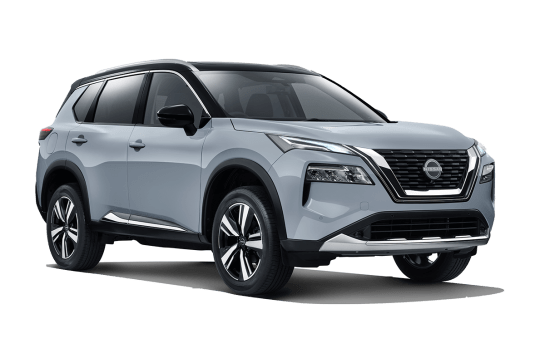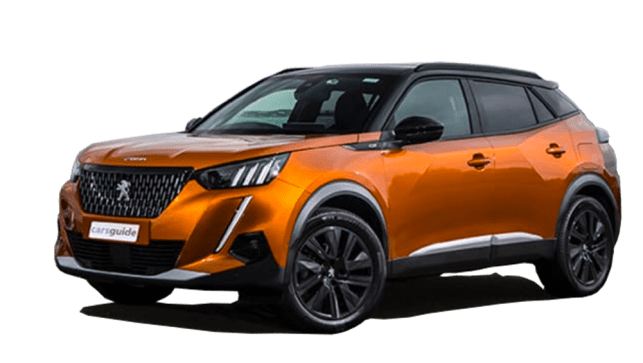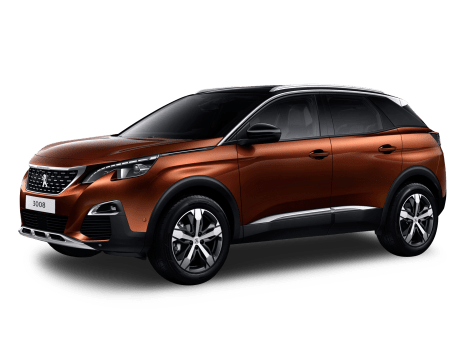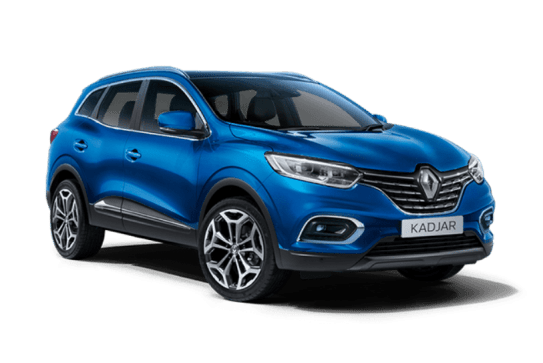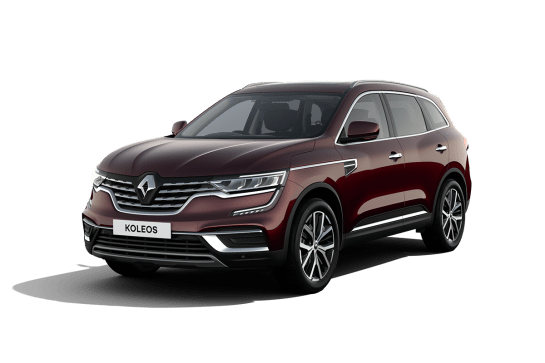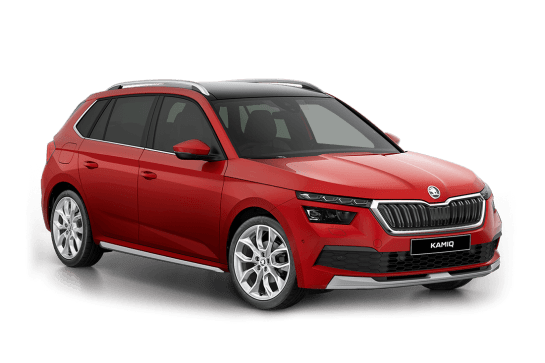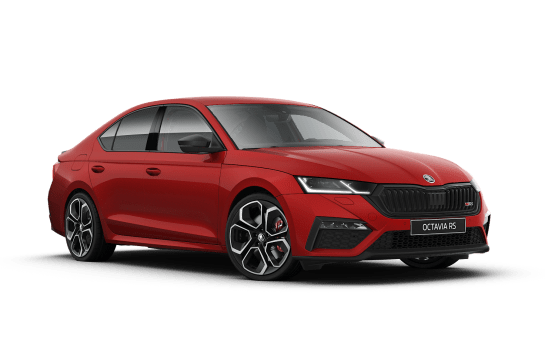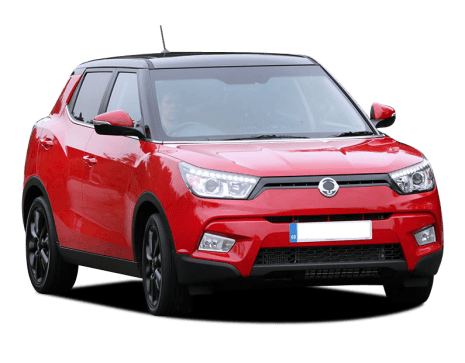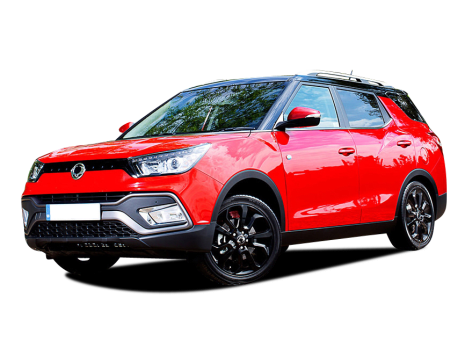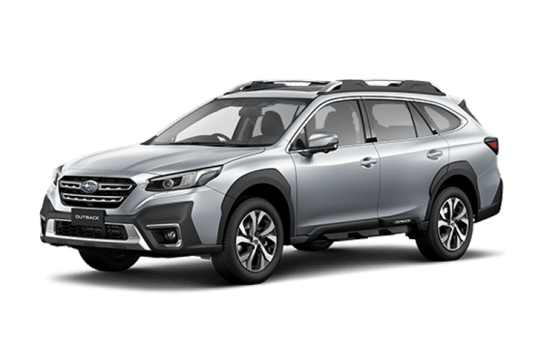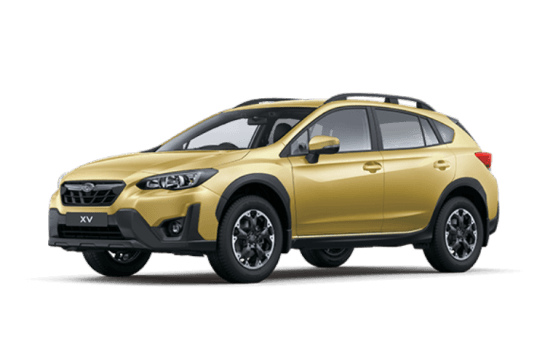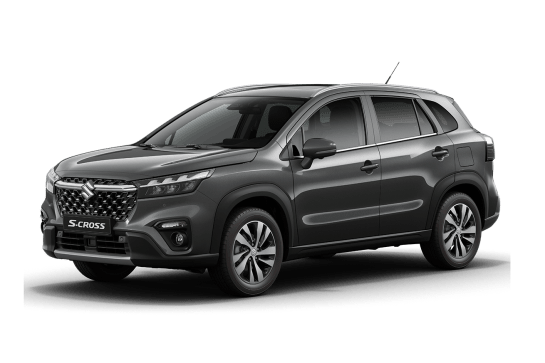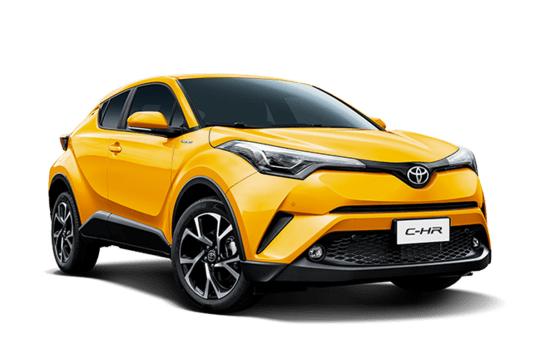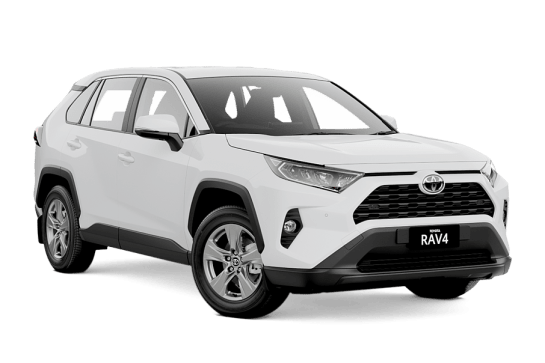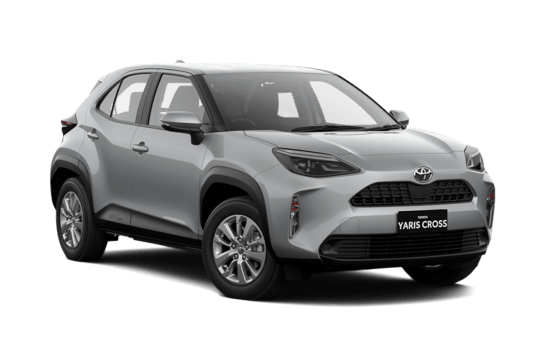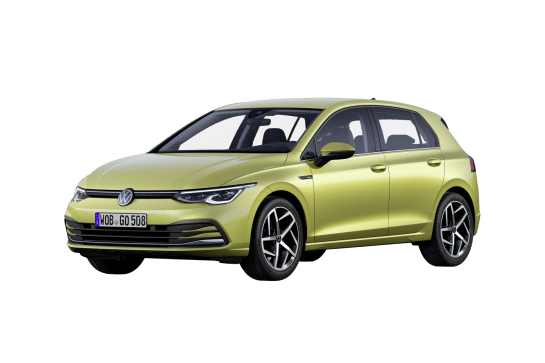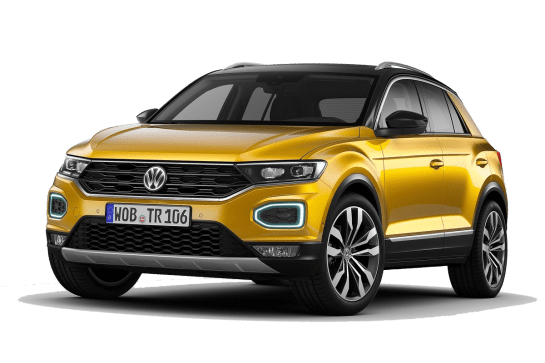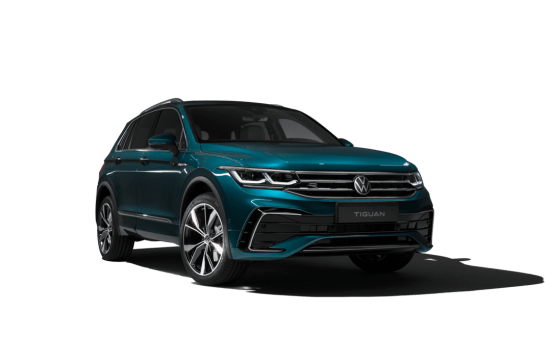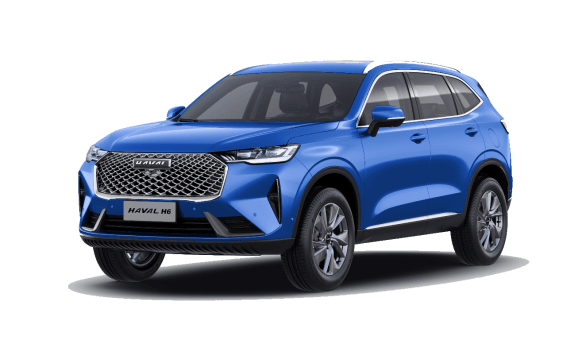
Haval H6 VS Toyota RAV4
Haval H6
Likes
- Great value
- Looks stunning
- Nice to drive
Dislikes
- No hybrid version
- Thirsty petrol engine
- No diesel version
Toyota RAV4
Likes
- Incredibly efficient
- Lots of features and practicality on offer
- Easy to drive and use
Dislikes
- Cabin noise is too loud for grade level
- Simple cabin design won't be for everyone
- About to be replaced by new-gen model
Summary
Haval H6
There are good surprises and bad surprises. Like the time I was driving my ute and the steering wheel came off. Bad surprise. Or the time the chicken shop accidentally gave me a large chips when I paid for a medium. Good surprise. The Haval H6 also surprised me. And it was up there with a large chips type of surprise.
See, my expectations of Haval have been of a brand which is really big in China where its owned by Great Wall Motors, but can’t keep up with the likes of Toyota and Mazda when it comes to driving and styling. Instead, their strength seemed to be just value-for-money.
Surprise! The new generation H6 isn’t just good value-for-money any more. It’s still really well priced but it has stunning looks, too. But that wasn’t the biggest surprise.
If you are considering a mid-sized SUV such as a Toyota RAV4 or Mazda CX-5, I strongly suggest you widen the net and consider the H6, too. Let me explain.
| Safety rating | |
|---|---|
| Engine Type | 2.0L turbo |
| Fuel Type | Premium Unleaded Petrol |
| Fuel Efficiency | 9.8L/100km |
| Seating | 5 seats |
Toyota RAV4
Even though it’s expected to be superseded by a sixth-generation model next year, we're reviewing the fifth-gen Toyota RAV4 Hybrid Cruiser 2WD model to see if its hybrid powertrain and features still secures its position as top-selling medium SUV for families.
Aussies love mid-size SUVs in part because they're a tad more practical than their larger cousins, especially in the city.
Read more about
- 2025 Toyota Prado order system changes, but will it affect how and when your Toyota LandCruiser, Toyota RAV4 or Toyota Corolla Cross hybrid arrives?
- Toyota bZ4X 2024 review: FWD
- 'We never say told you so': Toyota says the market has spoken on electric cars as EV sales flatline in Australia, while petrol-hybrids like the Toyota RAV4, Corolla Cross and Kluger soar
You also have a better chance of fitting one inside your garage (unless you use your garage for storage, like me).
| Safety rating | — |
|---|---|
| Engine Type | — |
| Fuel Type | — |
| Fuel Efficiency | —L/100km |
| Seating | — |
Verdict
Haval H67.9/10
The H6 could be the turning point for Haval in Australia. The brand’s first big success that changes the way Aussies view this Chinese carmaker. The H6’s great value and stunning looks will win over many but add an excellent warranty, advanced safety tech, plus the surprisingly good, and you have a package that appears right up there with the likes of the Toyota RAV4 and Mazda CX-5.
The sweet spot of the range would have to be the Lux - the car I tested with its leatherette seats, privacy glass and dual-zone climate control.
Toyota RAV48.4/10
The Toyota RAV4 Cruiser Hybrid 2WD model reaffirms why the RAV4 is so popular in Australia. It offers families space, convenience and features in a well-priced and handsome package. The cabin noise might be an ick for some but for everything else this model offers it could be overlooked.
Design
Haval H68/10
This new generation H6 is ridiculously good looking. So much so that my Dad thought it was a Porsche when I arrived to pick him up. But in saying that Dad also has a glass coffee table supported by a golden naked lady and thinks I work in a car dealership, despite me explaining that motoring journalism is an actual job.
He’s not wrong, for once. Well, it doesn’t look like a Porsche, but I can see what he means given the way the LED strip across the tailgate lights up and connects with the tail-lights either side.
I don’t know what kind of deal with the devil the H6’s designer made but there isn’t an angle from which this SUV looks nothing short of beautiful. There’s the flashy but not over-the-top grille, the sleek headlights, and the smooth lines in profile which wrap around to the curvaceous back end.
Havals in the past have seemed low quality and unfinished, but this new H6 seems the opposite.
The same goes for the minimalist cabin. Those screens house almost every function except for the climate control and that clears the dashboard of buttons.
This cabin is a premium design with a floating centre console and metallic trim. Stepping up to the Lux from the Premium adds 'leatherette' upholstery, a leather steering wheel and then the Ultra takes the high-end feeling further with a 12.3-inch media display and a panoramic sunroof.
As for the dimensions, the H6 is larger than most mid-sized SUVs but smaller than a large SUV at 4653mm end to end, 1886mm wide and 1724 mm tall.
The six exterior colours are, 'Hamilton White', 'Ayres Grey', 'Burgundy Red', 'Energy Green', 'Sapphire Blue' and 'Golden Black.'
Toyota RAV4
In anticipation of the next-gen model, there hasn't been any design changes for the RAV4 - it remains a good-looking family SUV despite being a little heavy-handed with its angles.
Some external design highlights include garage friendly dimensions and a host of black accents across the body, including 18-inch alloy wheels that help to create an edgy kerb-side appeal.
Head inside and the RAV4 Cruiser offers a premium cabin-feel with its leather upholstery and large tech screens that headline the dashboard.
As always, there is a sense that design is based on functionality rather than style, which is typical of Toyota, but the simplicity makes the cabin relaxing to be in.
You’re not overwhelmed by touchpads or gadgets as can be the case in other new cars and there is a certain charm about that.
Practicality
Haval H68/10
The H6 is cavernous for a mid-sized SUV with large and wide seats up front and excellent leg and headroom in the second row. The H6 doesn’t come with a third row which is shame because there’s room for one.
A 600-litre cargo capacity is big for the class and cabin storage is good with two cupholders in the second row, another two up front, a large space under the floating centre console, although the door pockets could be better.
Second rowers will be pleased with directional air vents back there, plus two USB ports. There are another two USB ports either side of the floating centre console, too.
The leatherette upholstery in the Lux I tested was easy to keep clean and would suit families better than the cloth material used in the Premium.
You’re going to notice the high load lip on the boot and for people as tall as me (191cm/6'3") the opened tailgate and your head may meet occasionally. Still the H6 is super practical.
Toyota RAV4
The RAV4 continues to impress with its practicality.
Access and comfort for both rows is excellent. The heat and cool functions for the front seats are perfect for all seasons and the two-position memory function on the driver’s side is handy if you often share driving duties with your partner.
The rear row seating is well-padded and middle seaters will love the legroom the lower transmission tunnel offers. Head- and legroom is good in both rows, even for taller adults.
Amenities and storage are also great throughout the car.
Front rowers enjoy a decently sized middle console which I can squeeze my small handbag into, a glove box, two cupholders, two drink bottle holders, a phone tray and two shelves in the dashboard. You also get a sunglasses holder!
In the rear you get a single map pocket, two cupholders and two drink bottle holders, which is enough for my little family of three.
In terms of technology, you get a bunch and the usability is great.
The 10.5-inch touchscreen multimedia system looks really nice and is now the same system that Lexus uses, which is a big plus as it’s much easier to use than the previous Toyota one. The next-gen model should see this upgraded to a 12.3-inch system, which is more in line with its rivals.
You also get built-in satellite navigation, wireless Apple CarPlay and wired Android Auto. CarPlay maintains a strong connection.
There's a multitude of charging options throughout, including a USB-A port, four USB-C ports, a 12-volt socket and a wireless charging pad.
Rounding out the cabin is a boot that offers plenty of space with its 580L capacity and you get a temporary spare tyre, as well as, a retractable cargo cover.
However, the quality of the cargo cover isn't the best and it would be easier to use if it had a handle to grip onto.
The Cruiser model comes with a powered tailgate, which is always handy but the 'warning' alert as it opens or descends is very loud. Truck-reversing-beeping loud. Everyone will know when you open the boot!
Price and features
Haval H68/10
You’re saving a decent amount of moolah choosing a Haval H6 over, say, a Toyota RAV4, Mazda CX-5 or Nissan X-Trail. The H6 entry-grade is called the Premium and lists for $30,990 drive-away, while the mid-range Lux is $33,990 driveaway.
Both come in front wheel drive only. If you’re after all-wheel drive you’ll need to step up to the top-of-the-range Ultra for $36,990 drive-away, or pay $2,000 less and have it in front-wheel drive.
In comparison the RAV4 and CX-5 ranges start more than $3K higher than the entry-grade H6 and don’t get the same level of features. Let me show you what you get for your money.
Coming standard on the Premium are two 10.25-inch displays with Apple CarPlay, six-speaker audio, digital radio, air-conditioning, proximity key with push-button start, a reversing camera, paddle shifters, LED headlights and 18-inch alloy wheels.
Stepping up to the Lux adds dual-zone climate control, privacy glass, power adjustable driver’s seat, the front seats are also heated, leather steering wheel, 360-degree camera and roof rails.
The Ultra brings in a 12.3-inch media screen, power adjustable front passenger seat and both front seats are now heated and ventilated. There's also wireless charging, a head-up display, a heated steering wheel, panoramic sunroof, an electric tailgate, and auto parking.
That’s incredibly good value. Normally things that are cheap (like a Jetstar flight) offer nothing in return (like a Jetstar flight). Yep, nobody is going to accuse you of being ripped off here.
Toyota RAV4
The model line-up for the RAV4 consists of five variants with each available in front- or all-wheel drive.
The model on test for this review is the Hybrid Cruiser 2WD, which sits second-from-the-top in the line-up and is priced from $51,410 MSRP.
This price tag nudges it to the top of its rivals, the GWM Haval H6 Ultra Hybrid ($45,990 MSRP) and Nissan X-Trail e-Power ST-L ($50,490 MSRP) but the standard equipment for the Cruiser highlights its overall good value.
Premium features include leather-appointed upholstery, electric front seats with heat and ventilation functions, two-position memory function for the driver's seat, a sunroof and carpet mats.
Technology has had a good look in recently with the 10.5-inch touchscreen multimedia system now powered by the Lexus system (much easier to use) and a customisable 12.3-inch digital instrument cluster.
Other tech includes built-in satellite navigation, a nine-speaker JBL sound system, USB-A port, four USB-C ports, a 12-volt socket, a wireless charging pad, digital radio, digital rear view mirror, and a 'Toyota Connect' app with over-the-air updates.
Practical items include keyless entry and start, rain-sensing wipers, dusk-sensing LED headlights, dual-zone climate control, a powered tailgate and directional air-vents in the rear.
For the grade level and compared to its rivals, the Cruiser more than holds its own.
Under the bonnet
Haval H68/10
The same four-cylinder turbo-petrol engine is in all three grades. It’s a 2.0-litre and makes 150kW/320Nm.
This engine had no problems pulling the H6 around when I tested it with my little family onboard with good acceleration and smooth shifts from the seven-speed dual-clutch automatic transmission.
When pushed hard the four-cylinder responds well, but it’s on the noisy side.
As mentioned at the start of this review only the top-of-the-range Ultra grade gives you choice of all-wheel drive or front-wheel drive. The Premium and Lux are front-wheel drives only.
The car we tested was the front-wheel drive Lux, but we’ll be able to review the all-wheel drive version when it arrives in our garage soon.
On paper the all-wheel drive Haldex system in the H6 looks promising and in this generation the SUV has a rear differential lock for better off-road capability. That said, the H6 is not an off-roader in the Toyota LandCruiser sense, and you should keep your adventures in it mild rather than wild.
There’s no diesel in the H6 line-up, nor will you find a hybrid variant or and electric version of this SUV at this stage.
Braked towing capacity is 2000kg for all-wheel drive and front-wheel drive H6s.
Toyota RAV4
All RAV4 models have a continuously variable automatic transmission and the same hybrid combination of a 2.5L four-cylinder petrol engine and electric motor which combine to produce up to 160kW of power and 221Nm of torque for front-wheel-drive models.
The combo delivers decent power for an SUV of this size.
Efficiency
Haval H67/10
Haval says that after a combination of open and urban roads the 2.0-litre turbo-petrol four-cylinder should use 7.4L/100km in the front-wheel drive cars and 8.3L/100km in the all-wheel drives.
In my testing of the front-wheel drive I measured 9.1L/100km at the fuel pump. That was after an even split of motorway and urban running.
Thirsty work considering most of the time it was just me and an unloaded car. Add a family of four plus holiday gear and you can expect that mileage to be worse.
It’s here that the H6 is showing a weakness in its offering by not having a hybrid powertrain in its Australian range.
Toyota RAV4
The Toyota hybrid powertrain produces the lowest official combined fuel cycle figure compared to its rivals at just 4.7L/100km and the best theoretical driving range of up to 1170km courtesy of its 55L fuel tank.
After covering a mix of open-road and urban driving this week, the on-test figure is 5.5L/100km, which proves Toyota does hybrids well.
Driving
Haval H68/10
I’m still in shock. This is the biggest surprise. The H6 I tested was effortless to drive, with a comfortable and composed ride. I was not expecting it, not when most Havals I’ve piloted in the past have disappointed when it comes to the driving bit.
Sure, the engine isn't overly powerful, but it's responsive, and the dual-clutch transmission shifts smoothly whether driving in slow traffic or at 110km/h on the motorway
Sharp speed bumps taken a bit too fast in the front-wheel drive Lux I tested reveal only modest suspension travel, causing a reverberating ‘bang’ as the shocks and springs react. I’ve experienced the same thing in many cars I’ve tested – even properly prestige ones.
This though is one of very few complaints I have about the way the H6 drives, for the most part this SUV performs remarkably well with a (high) level of refinement I seriously wasn’t expecting.
I can’t tell you what the all-wheel drive version of the H6 is like to drive having only tested the front-wheel drive version, but we’ll no doubt have one in the CarsGuide garage soon.
Toyota RAV4
The RAV4 Hybrid Cruiser 2WD is stupidly easy to drive which is one of its best qualities.
The driver is front and centre for design, so you don’t have to take your eyes off the road to twiddle with climate controls or changing your music. That makes the driving feel… well, cruisy.
Power delivery is mostly smooth and offers decent punch when you need to put your foot down. However, it can be laggy off the mark from a cold-start, so take care when crossing traffic.
Suspension feels well-tuned for our Aussie roads, even the regional ones, but never feels floaty. This is well-grounded but you do get some roll in corners.
A drawback is the cabin is annoyingly loud once you hit the open-road and there is a wind-whistle near the driver that drove me nuts.
There are also a lot of squeaky/rubbing noises when you hit bumpy roads. However, it is a refined experience around town, when engine noise is all but nil. The urban environment is where it shines.
The steering is direct with a tight 11.4m turning circle, which makes the RAV4 easy to park. It also helps that the 360-degree view camera set-up is top-notch, which is not always the case for Toyota, and you get front and rear parking sensors too.
Safety
Haval H68/10
Is the Haval H6 safe? Well the H6 hasn’t been given an ANCAP rating yet, but this new generation car looks to be equipped well with advanced safety tech across all three grades.
All H6s come with AEB which can detect pedestrians and cyclists, blind spot warning and lane change assistance, traffic sign recognition, lane departure warning, lane keeping assistance, and rear collision warning.
The Lux adds adaptive cruise control, while the Ultra brings rear cross-traffic alert with braking, and an 'Intelligent Dodge' overtaking system.
Along with all that tech there are seven airbags on board, too. And for child seats you’ll find two ISOFIX points and three top tether anchor mounts.
Toyota RAV4
The RAV4 has a maximum five-star ANCAP rating from testing done in 2019 and has seven-airbags but doesn’t have a front-centre airbag yet.
It has high individual scores for protection, scoring 93 per cent for adult, 89 per cent for child, 85 per cent for vulnerable road-user, and 83 per cent for its safety assist systems.
The RAV4 has AEB with car, pedestrian and cyclist functions, operational from 10-80km/h (180km/h for car) but it is usual to see the system operational from 5.0km/h.
Standard crash-avoidance safety kit includes blind-spot monitoring, an SOS call button, emergency steering assist, driver attention alert, a rear occupant alert, rear and forward collision warning, rear cross-traffic alert and lane departure alert.
There's also lane keeping aid, traffic sign recognition, an intelligent seatbelt warning, adaptive cruise control with stop/go functionality, a 360-degree view camera system as well as front and rear parking sensors.
You also get a digital rear view mirror, which is great when you have compromised vision out the back window.
There are ISOFIX child seat mounts and three top tethers in the rear row. You might be able to get three seats across but two will fit best.
Ownership
Haval H68/10
The H6 is covered by Haval’s seven-year/unlimited kilometre warranty. Servicing is recommended every 12 months or 15,000km, although the first service is required at the 10,000km point, then 25,000km and so on. Servicing is capped at $210 for the first service, $280 for the second, $380 for third, $480 for the fourth and $210 for the fifth.
Toyota RAV4
The RAV4 is offered with a five-year/unlimited km warranty, but you add two more years if you service exclusively with Toyota and on schedule.
There is a five-year capped-priced servicing program and it costs just $260 per service, which is very competitive for the class.
Servicing intervals are reasonable at every 12-months or 15,000km whichever occurs first.


